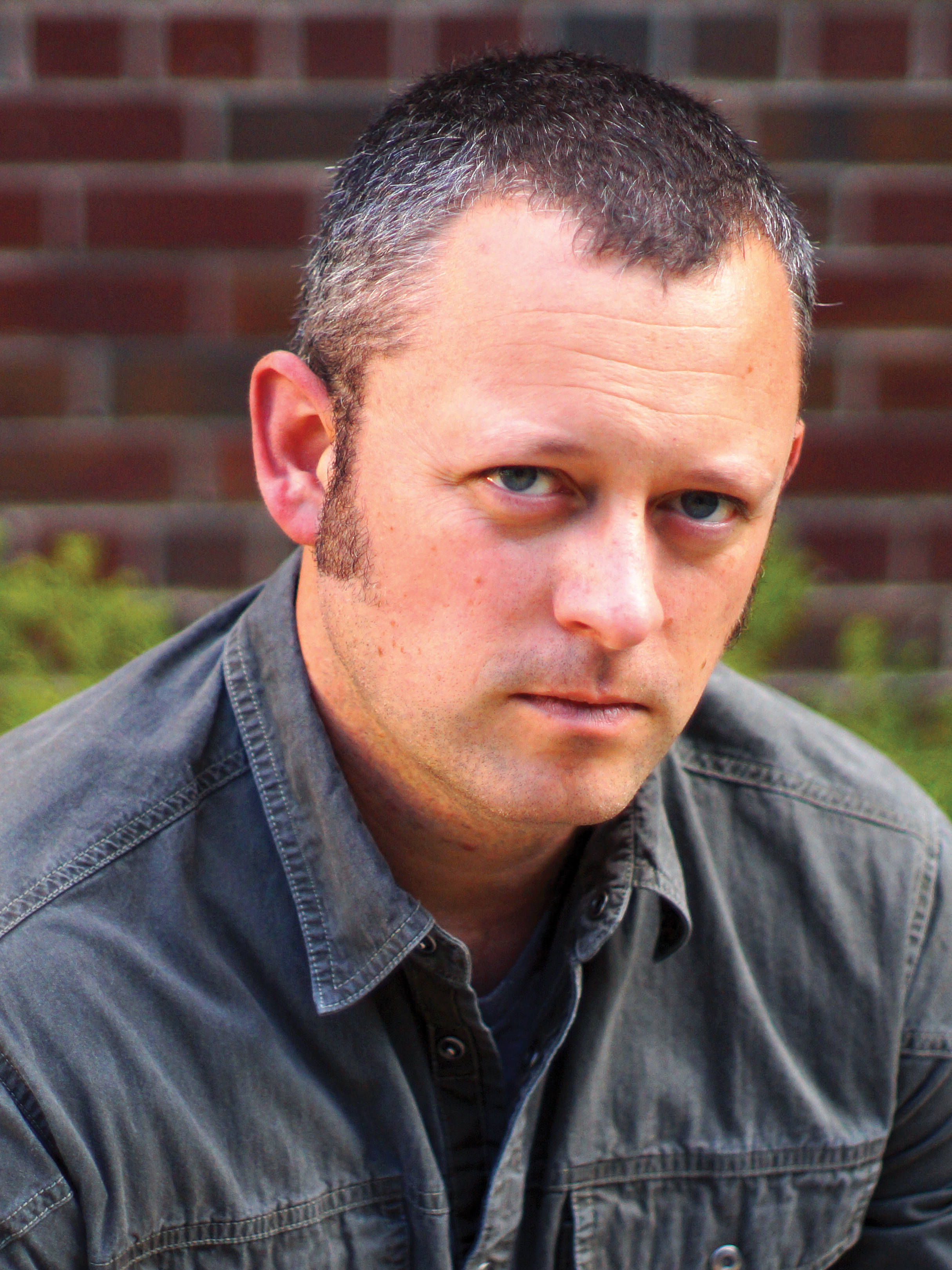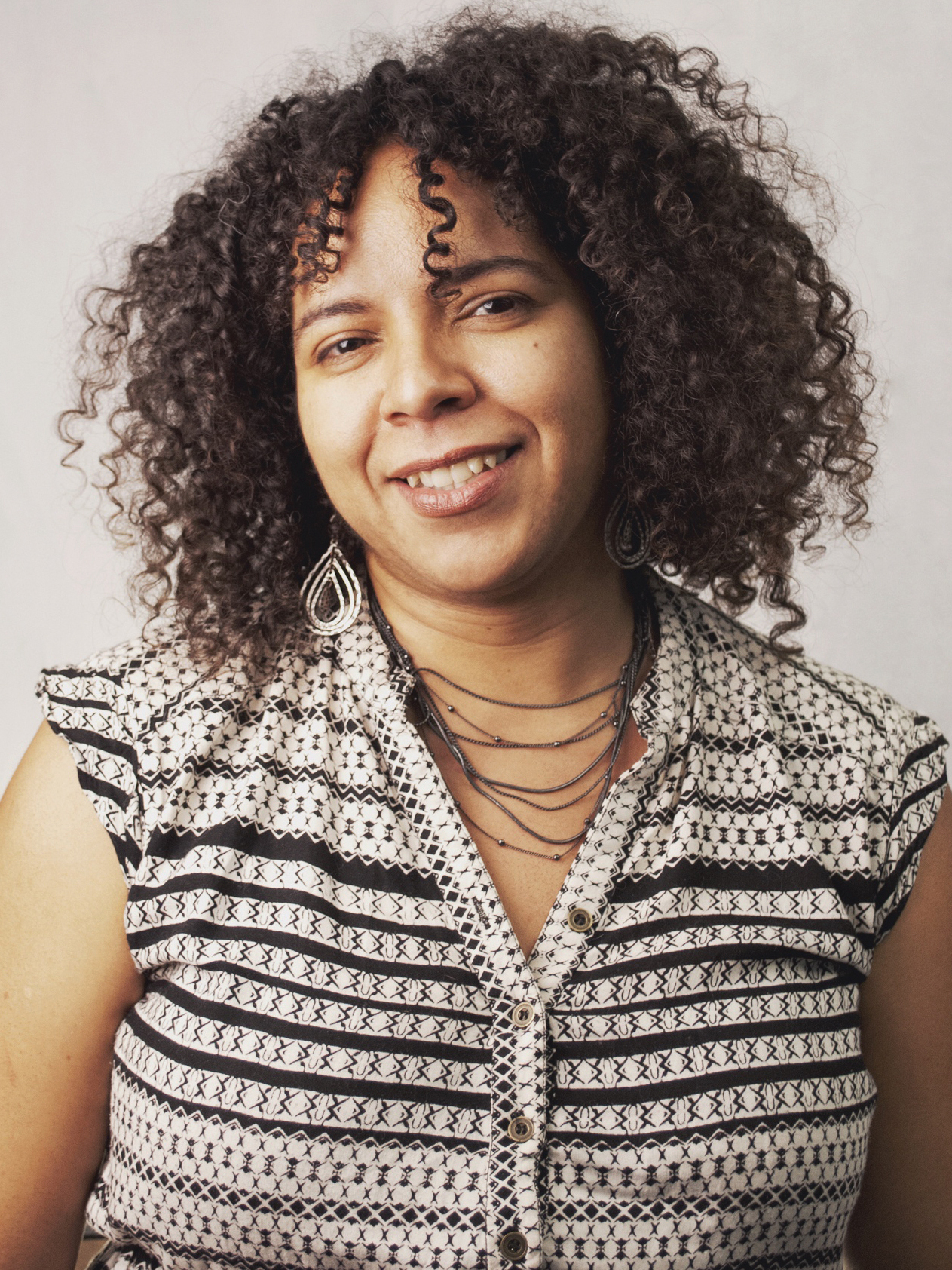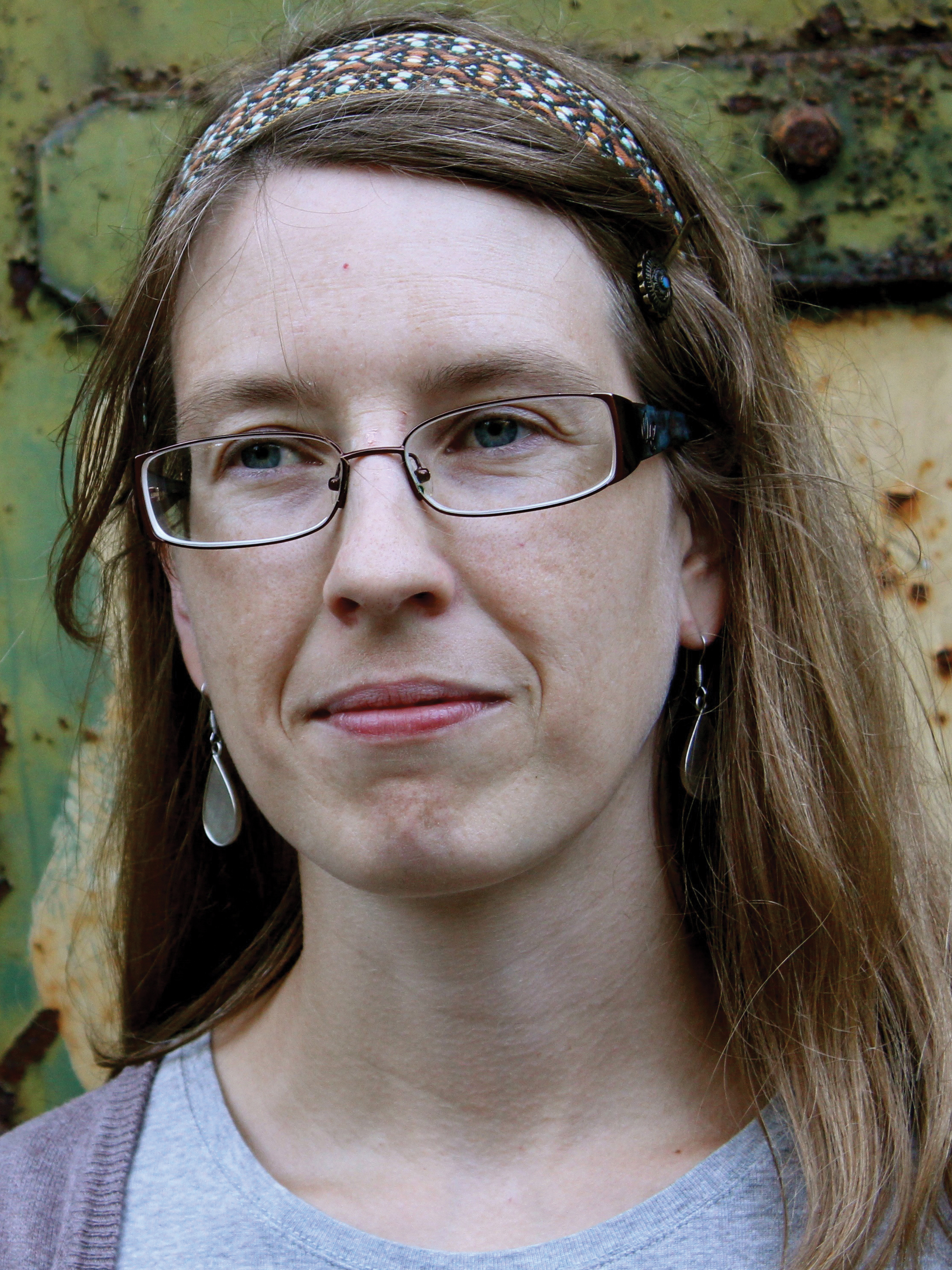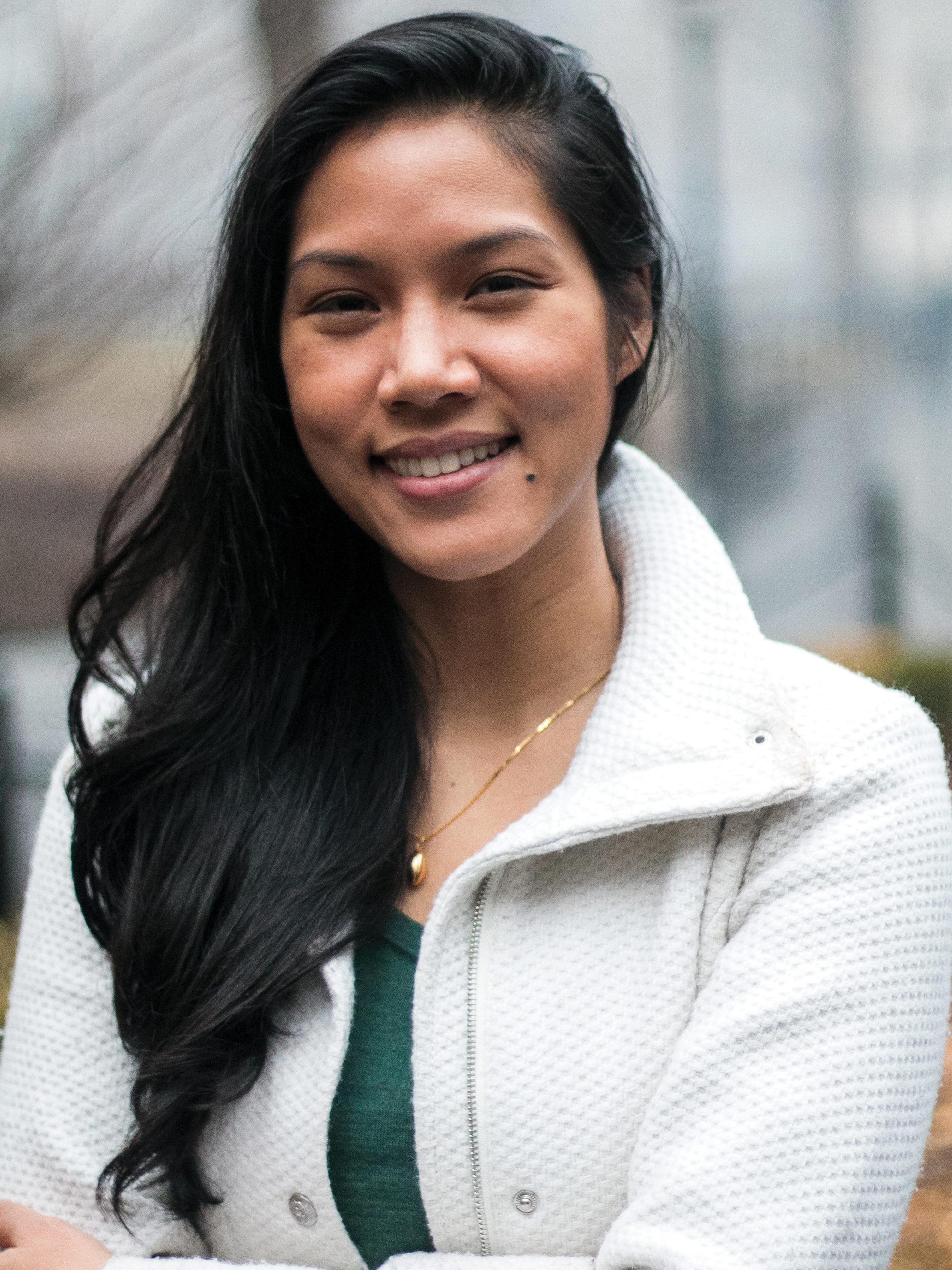Benjamin Percy | francine j. harris | Kathryn Nuernberger | Monica Sok
“If I could have any superpower, it would be to stop or stretch time. And whenever someone asks me what I want for my birthday or Christmas, I say, ‘Time.’ There is never enough of it. Here is the math of 2011: Two young kids, one still in diapers; two teaching gigs—at a traditional and a low-res MFA program—which translates to maybe a thousand manuscript pages in need of editing; one leaky roof; one totaled car; one novel under way; twelve speaking gigs; ten book reviews; six short stories; $40,000 in student loans; a five-hour flight to one set of grandparents; a five-hour drive to the other. There’s nothing startling or appalling about these numbers; I was responsible for many of them, and I was building the life I wanted. But working sixty hours a week and chasing bills and scrambling from one speaking engagement to the next and trying to be there for my family sometimes added up to a schedule that made me feel stretched so thin you could see through me. I remember saying to my wife, ‘I’m not sure I can keep up this pace,’ and she said, ‘I don’t want you to.’ The NEA fellowship allowed me to slow down and carve out time so that I could properly research and pour all of my creative energy into a book that I couldn’t have written in such a harried, exhausted state. Time. That’s what these grants give their recipients. The gift of time, which is in such short supply for all of us. And, of course, money: to hire a babysitter. To fly out a grandparent for help. To teach fewer classes or take on fewer freelance assignments—or escape whatever other obligations are keeping us away from the page, the canvas, the studio, the darkroom. And here is the lovely, complicated calculus of the NEA: Those dollars become hours, and those hours become novels, memoirs, sonnets, sonatas, landscapes, photo essays, documentaries that have an incalculable effect on enriching and expanding the lives of their audience.” —Benjamin Percy, NEA fellow, 2012; author of seven books, including the novel The Dark Net (Houghton Mifflin Harcourt, 2017)
“Being awarded the NEA Fellowship changed the direction of my life. At the time it was awarded, I was teaching at Interlochen Center for the Arts, a secondary school in northern Michigan. I enjoyed the job but wasn’t writing enough. While a brilliant few are able to meet the time demands of high school teaching loads and still write, I didn’t have that stamina. Additionally, northern Michigan, though beautiful, was culturally isolating. Short on money and time, I worried I might get stuck in a career that would have meant limits on my writing. Winning this fellowship allowed me to accept my current residency at Washington University in St. Louis. It also gave credibility to my work. For poets, that’s a big deal. While, as artists, we all want to make work that is satisfying on its own merit, most poets do not survive on their work alone. As important as the work is to our audiences, I believe part of the reason harsh critics of the genre can get away with claiming poetry has no social poignancy is because we stand to make so little money in our field. Book contracts offer smaller advances than in other genres, so publishing does not always equal income. People who love poetry often depend on this community of reading and performance, and those events are generally free to the public. With our short form, we have a vibrant and accessible presence online. But it means the power of this art is not in its capital. We do what we love, and fellowships, such as the NEA’s, are monetarily crucial. The National Endowment for the Arts fellowship has, quite simply, allowed me to continue my work.” —francine j. harris, NEA fellow, 2015; author of two poetry collections, including Play Dead (Alice James Books, 2016)
“The recipient of an NEA grant sits precariously at the nexus of contradictory forces: art, government, and money. Great art ought to have nothing to do with money or power, and so paradoxically it comes to have a great deal to do with both. The philosophers Theodor Adorno and Max Horkheimer suggested the distinction between entertainment and art is that entertainment has purpose (to inspire people to pay for it), while art has ‘purposiveness.’ Purposiveness is the feeling that a work of art is accomplishing something beyond its own ends. By providing financial support and putting a spotlight on my recently released collection, The End of Pink, the NEA grant encourages me to focus more on purposive writing and less on a purposeful hustle to find readers, royalties, and otherwise ‘succeed’ in the literary marketplace. I’m able to use this year of grant funding to finalize a third book of poems, Rue, which considers eighteenth- and nineteenth-century botanical expeditions and folklore surrounding plants historically used for birth control through a lens of intersectional feminism. The grant has also allowed me to plan poetry readings in Missouri, Kansas, Oklahoma, and Colorado, often in rural areas that are disconnected from more urban literary hubs. How bold and brilliant a democracy is to invite paradox and dissent into its agencies, its budget, its apparatuses of power and control. Governmental support for the arts, which by their nature challenge the government that funds them, is a mechanism that inculcates within itself a relentless seeking after deeper understandings of what a democratic government should do and be for its people. Though not everyone who deserves these grants receives one, the presence of the NEA reminds all of us that our creative work is essential to the advancement of a great nation with even greater as-yet-unfulfilled ideals.” —Kathryn Nuernberger, NEA fellow, 2017; author of two poetry collections, including The End of Pink (BOA Editions, 2016)
“My manuscript needs work. It’s full of myth-making and family narratives in the context of the Khmer Rouge regime. Lately, I’ve been allowing myself to dwell in my dream space longer, to take more risks in my poetry. With the support of an NEA fellowship, I feel more confident about the imaginary world I’ve been trying to create over the last three years. Every week I continue my process of world-building. I spread out all my drafts and swim in the poems I’ve started. At this time in my personal life, I want to create new structures within my craft, to be wildly imaginative, to survive better in my search for love and healing. Without the financial burdens of rent and utilities, monthly student loans, credit card bills, and medical expenses, I can rest and practice more self-care while dealing with the difficult subject of genocide and intergenerational trauma. The award will also help me travel to Cambodia over the course of writing my first book. When I learned that the NEA might be defunded and then eliminated, I thought about the Khmer Rouge and its horrific transition into power, one where hundreds of thousands of artists and intellectuals were targeted in the early days of the regime. I’ve always been aware of myself as a poet in this country. The urgency to write remains the same for me, but I renew my desire to hone the subversiveness that my craft relies on so heavily. In 1990, the NEA also supported my grandmother Em Bun, a weaver, through a National Heritage Fellowship. My grandmother was a refugee. Over the course of three generations, the NEA has helped two women artists in my family. I strongly believe that it must continue to do the necessary work of preserving the arts.” —Monica Sok, NEA fellow, 2017; author of the poetry chapbook Year Zero (Poetry Society of America, 2015)
Kevin Larimer is the editor in chief of Poets & Writers, Inc.
Photo credits: Joy Harjo: Karen Kuehn; Kimiko Hahn: Beowulf Sheehan; Julia Alvarez: Bill Eichner; Peter Ho Davies: Dane Hillard; Anthony Doerr: Todd Meier; Benjamin Percy: Arnab Chakladar; francine j. harris: Cybele Knowles; Monica Sok: Sy J. Abudu












